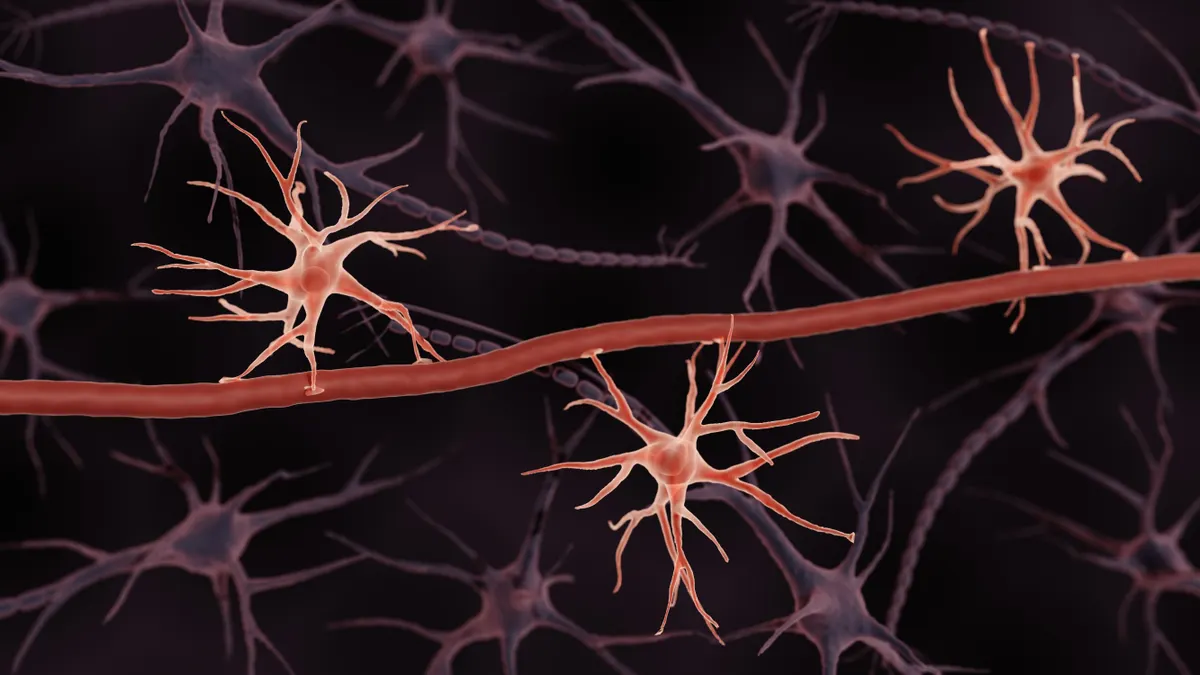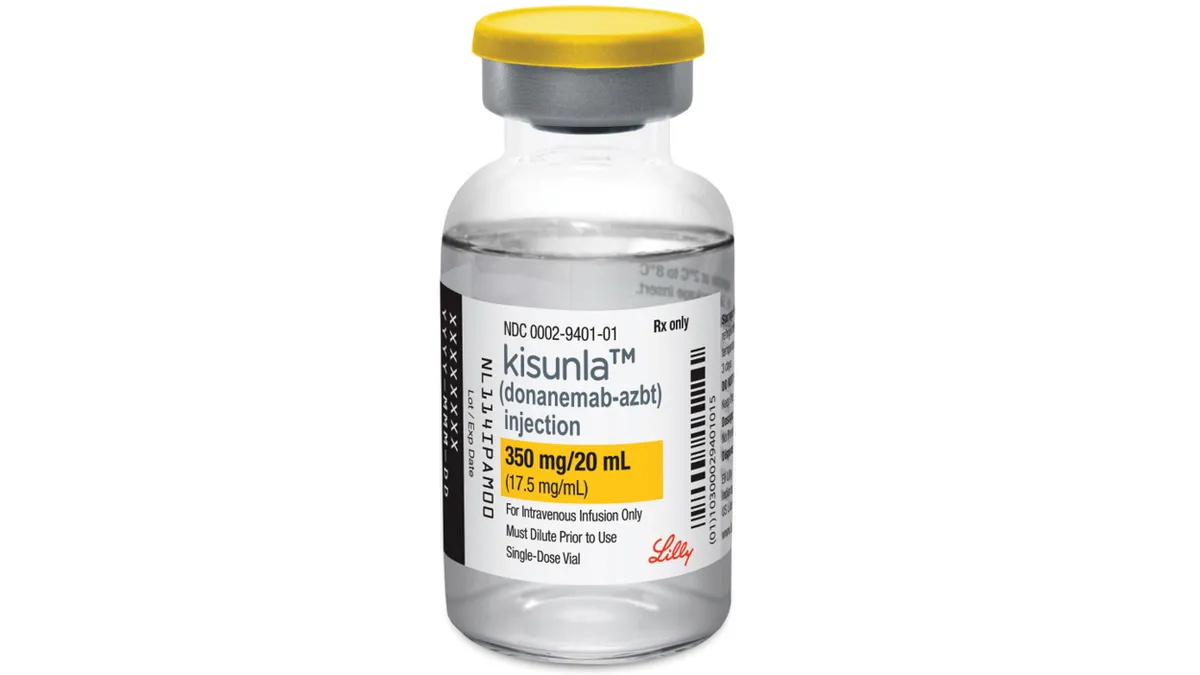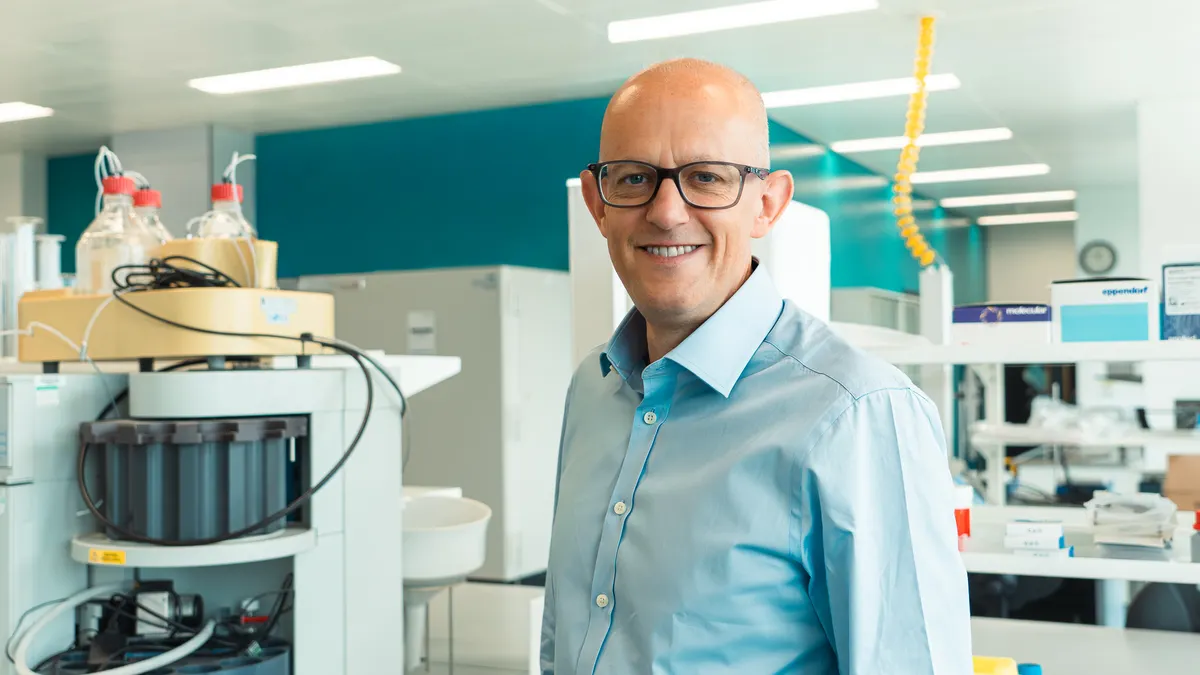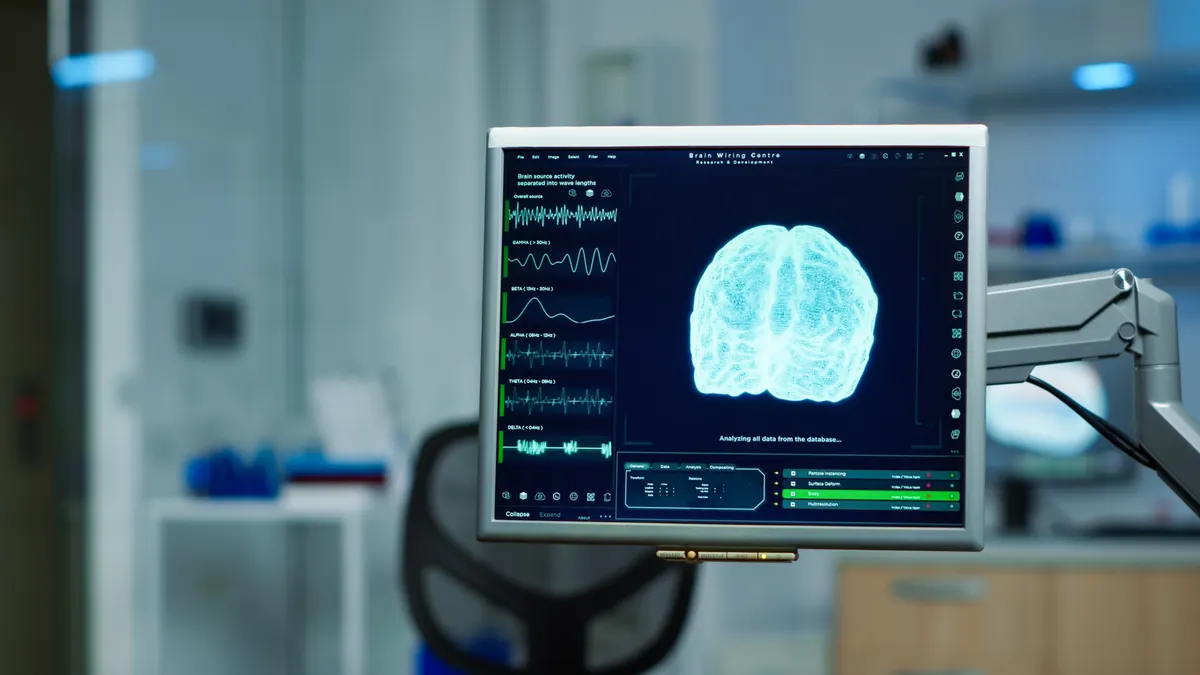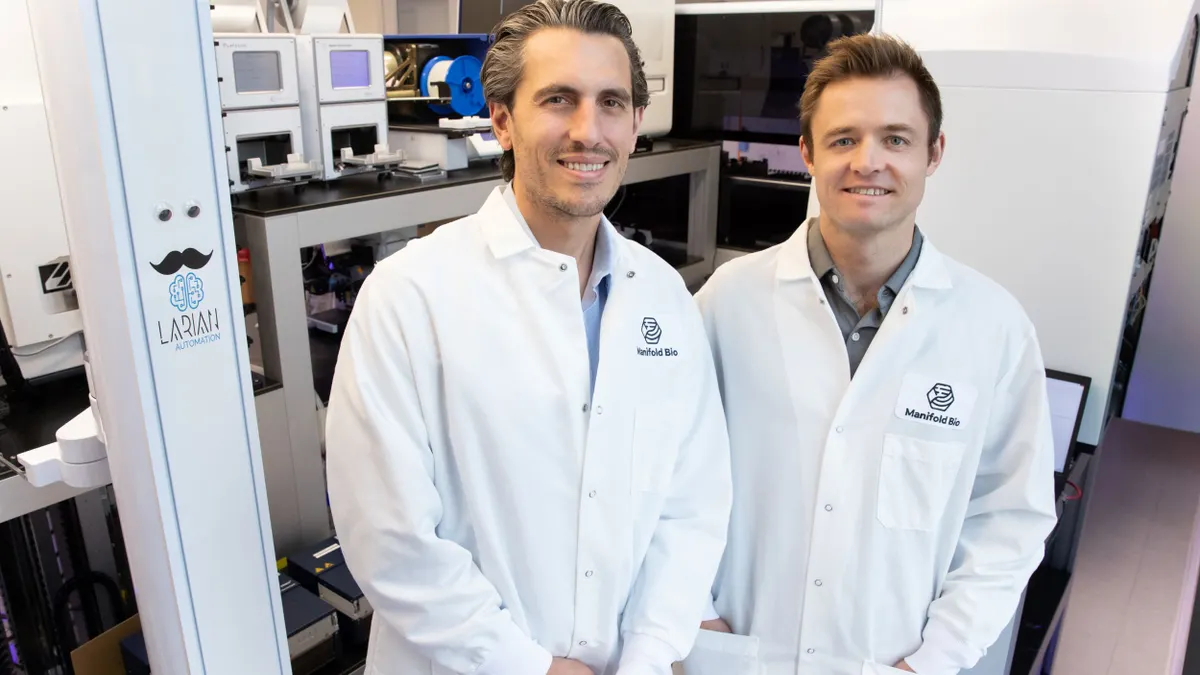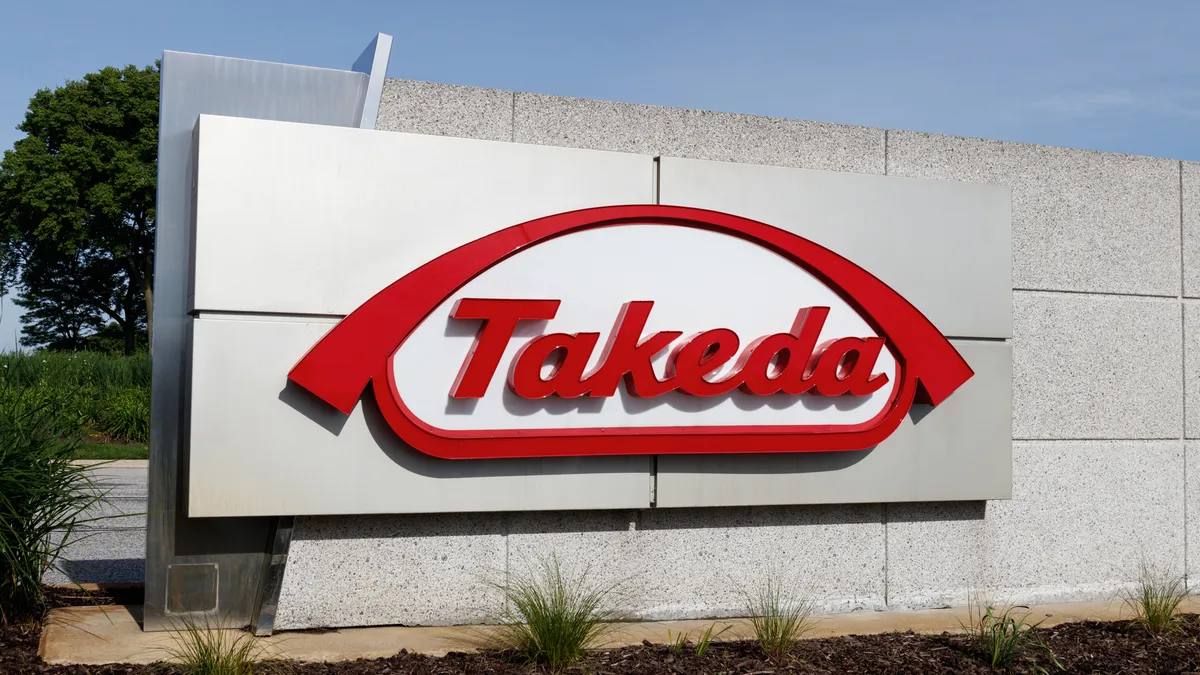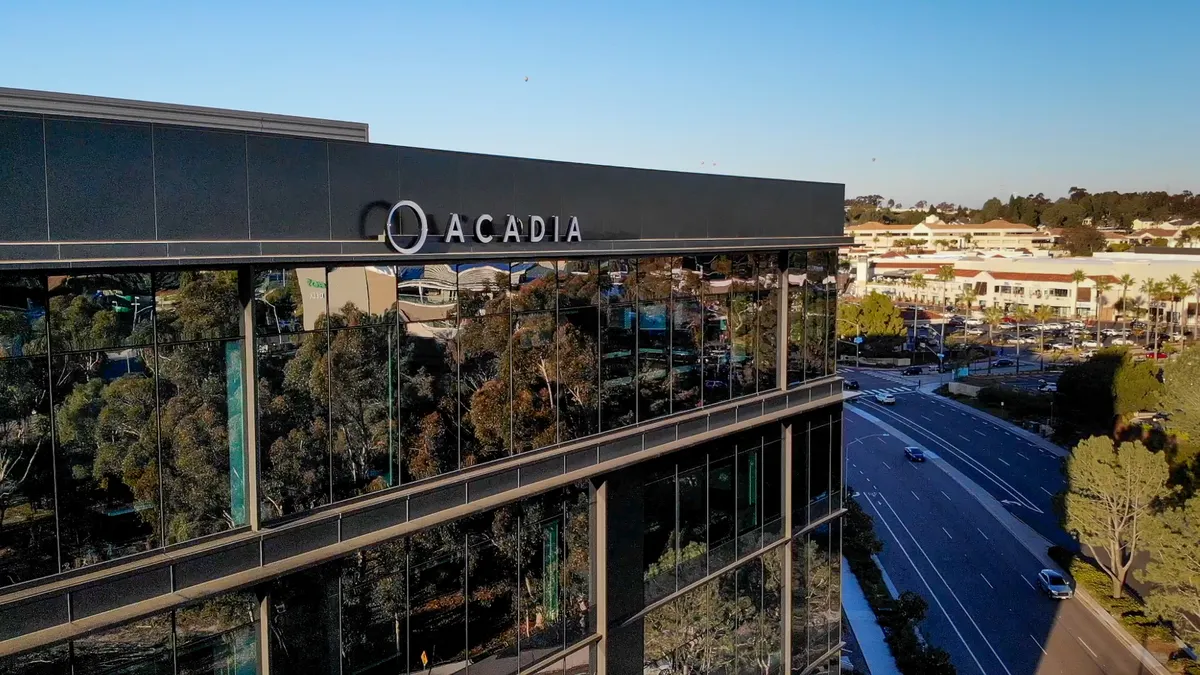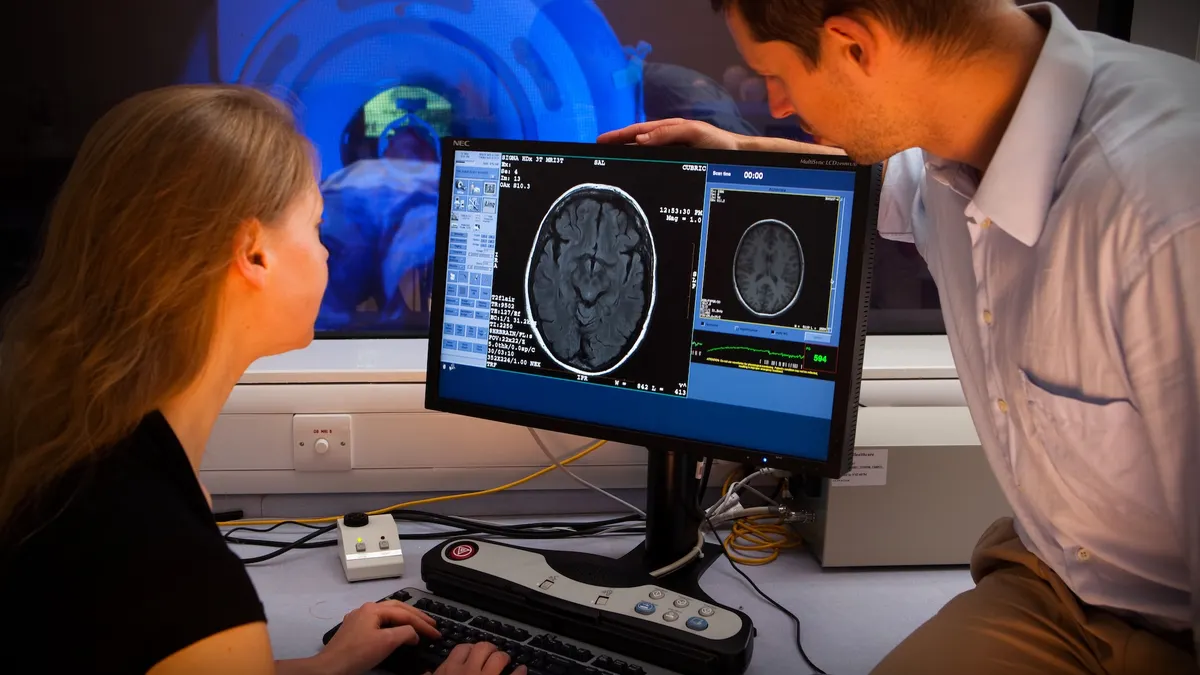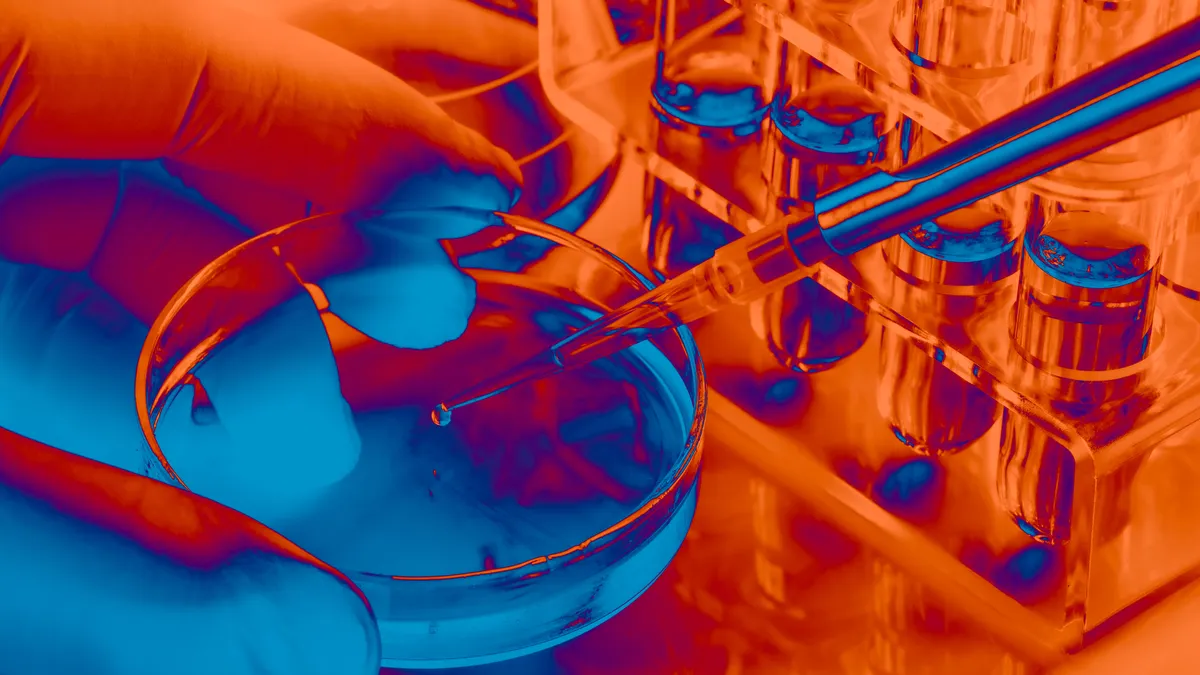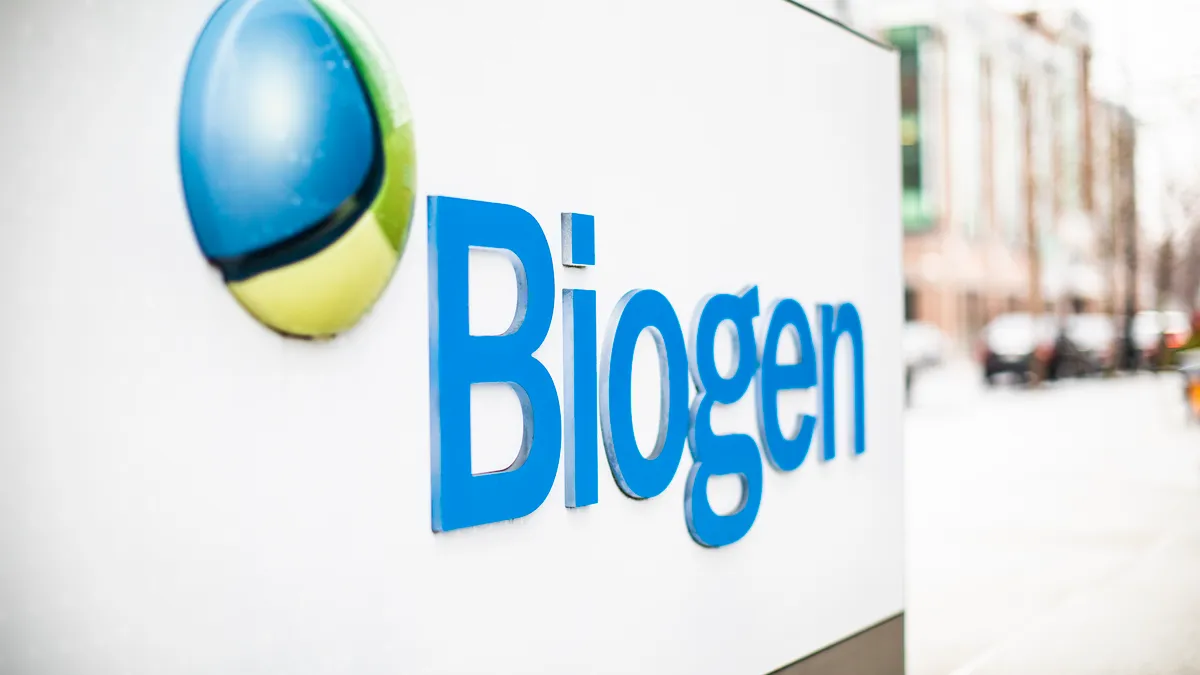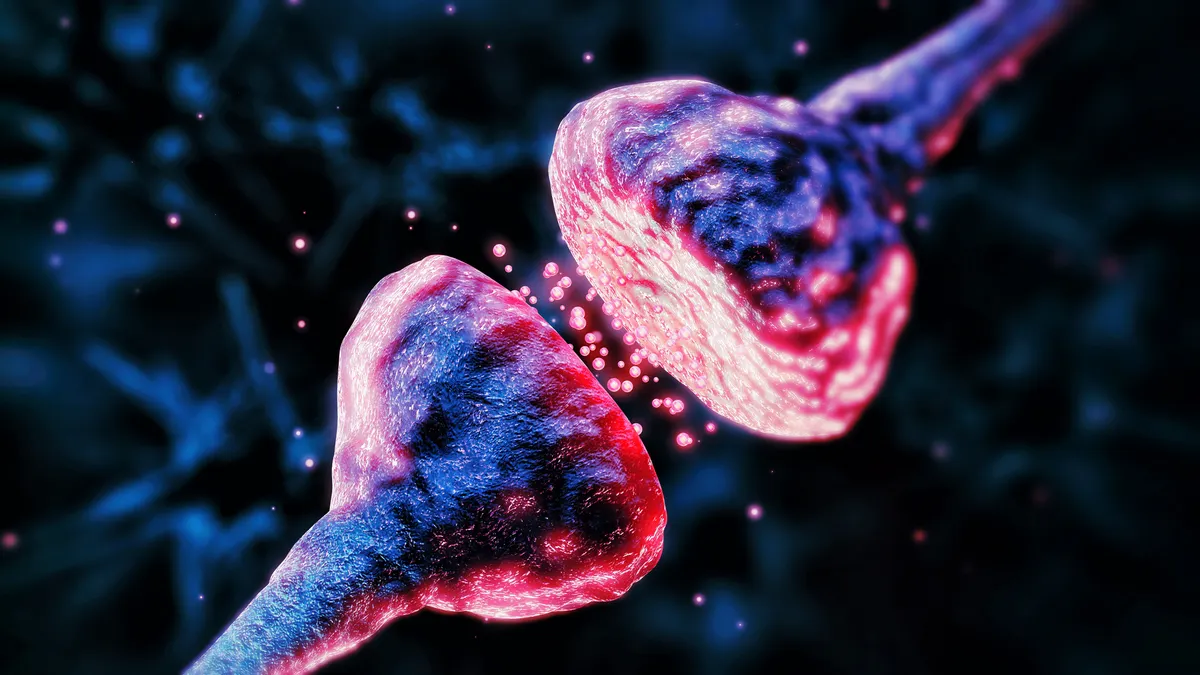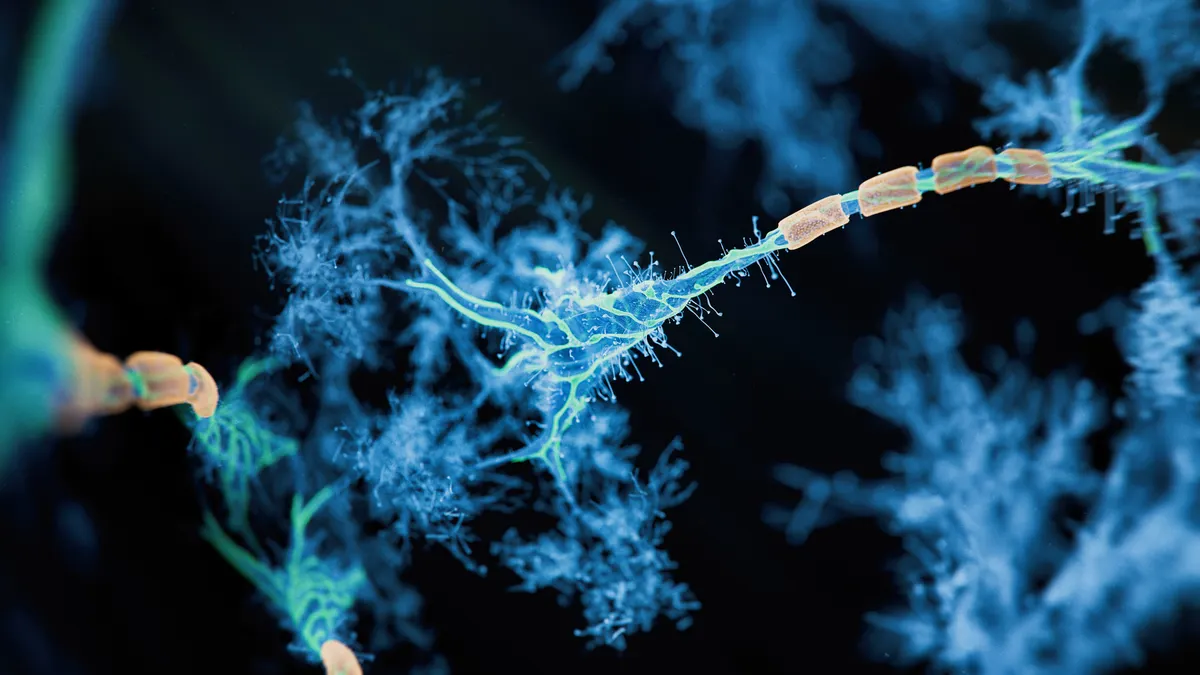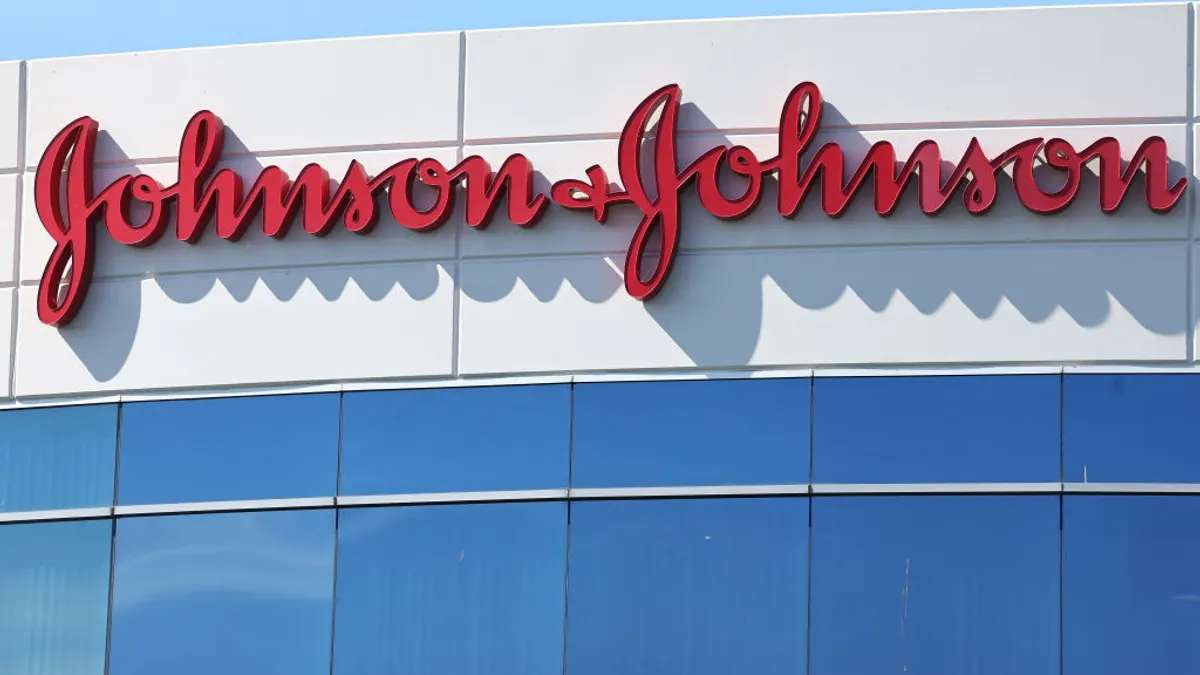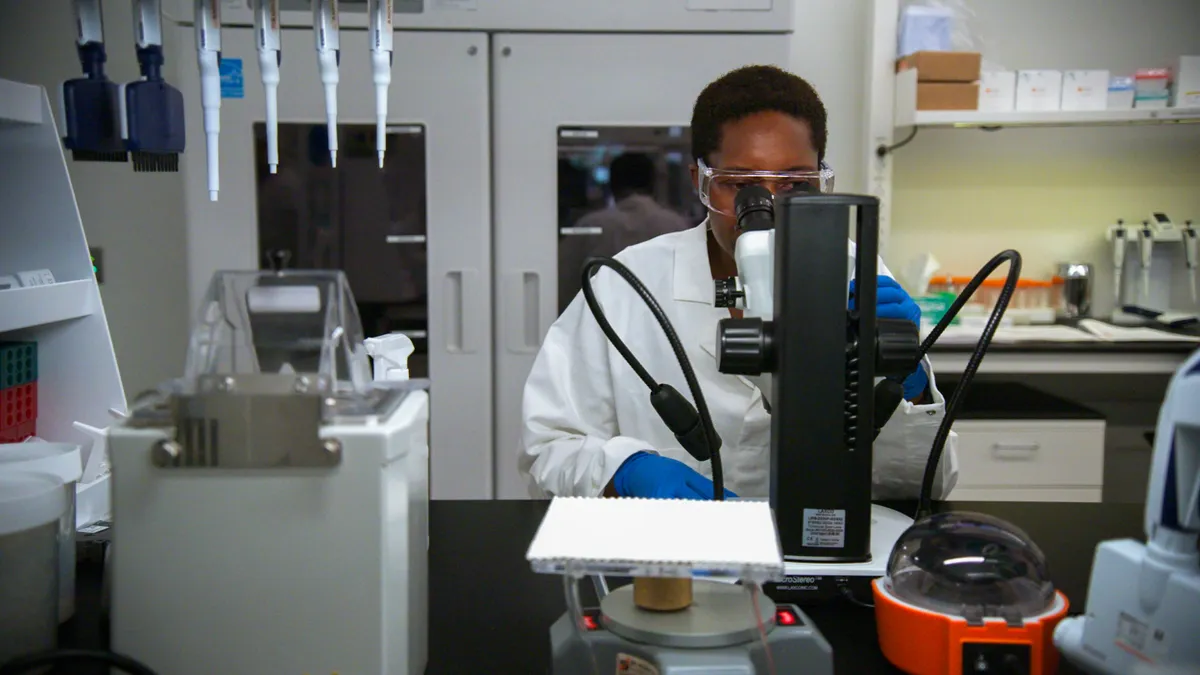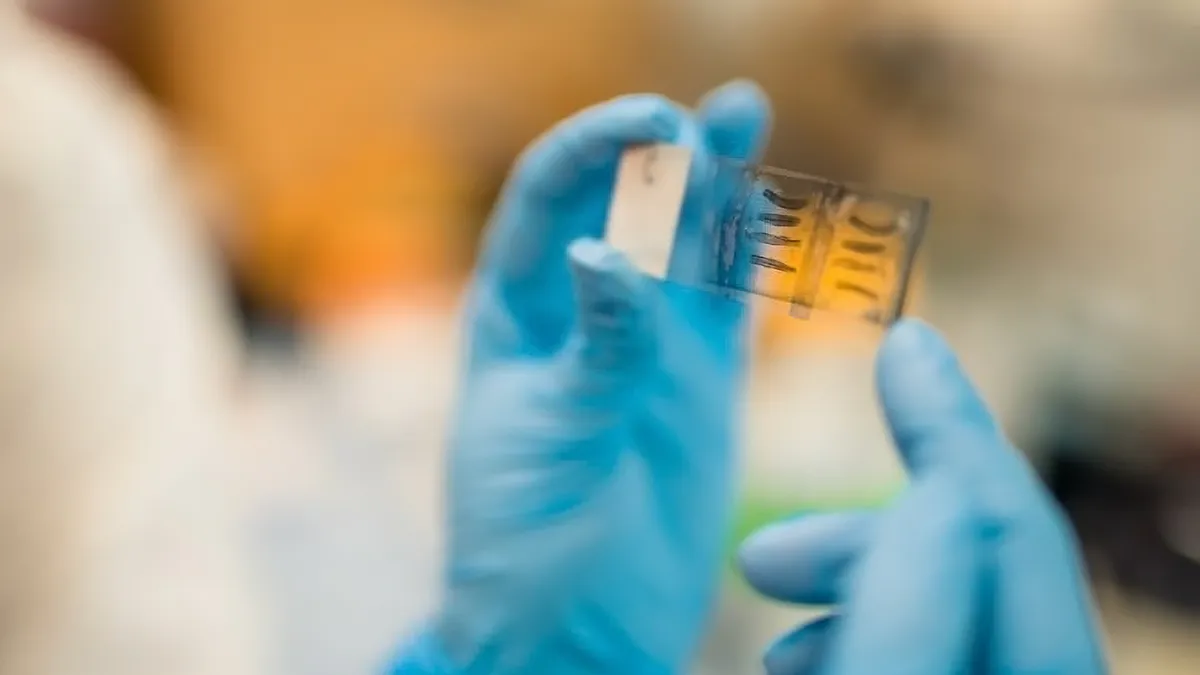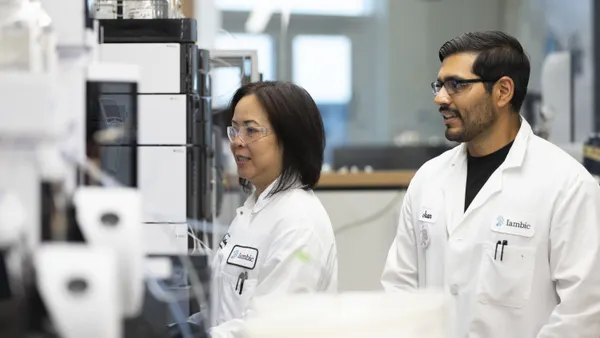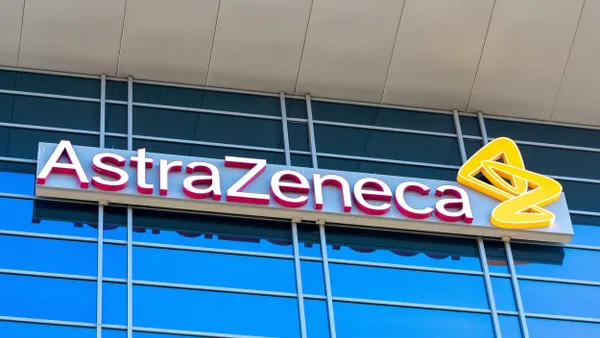GSK is betting potentially billions of dollars that a smaller drug company’s technology can help create new treatments for brain-corroding diseases.
Through a licensing deal announced Sunday, GSK has gained access to drug delivery technology from South Korea’s ABL Bio. This “Grabody-B” platform is designed to shuttle medicines through arguably the trickiest obstacle in neuroscience — the blood-brain barrier or “BBB” — by using a protein that normally shepherds an important growth hormone across the divide.
The platform had already caught the attention of another pharmaceutical giant, Sanofi, which in 2022 entered a collaboration with ABL to develop new therapies for diseases like Parkinson's.
Similar to Sanofi’s deal, the GSK one is heavily backloaded. The U.K.-based company agreed to pay 77 million pounds, or roughly $98 million, in upfront and near-term payments. But ABL could take home more than $2 billion more if drugs from the licensing pact achieve certain development, regulatory and commercial goals.
For GSK, the plan is to use ABL’s technology to build different kinds of medicines for neurodegenerative conditions. The companies didn’t disclose specific targets, but did say they’re interested in antibodies, oligonucleotide therapies like antisense drugs or small interfering RNAs, and a type of complex molecule known as a polynucleotide.
There is a “critical need” for new drugs for neurodegenerative diseases, according to Christopher Austin, senior vice president of research technologies at GSK.
“Many of the most promising new therapies are antibodies, which cannot efficiently reach the brain without a shuttle to get them across the BBB,” he said in a statement. The deal with ABL reflects GSK’s commitment to overcoming this challenge, he added, and opens “entirely new opportunities for treating these devastating diseases, an important component of our emerging pipeline.”
Like many of its peers, GSK backed away from brain drug development decades ago. Today, most of the company’s research revolves around infectious diseases, cancer and respiratory illnesses. But GSK has inched its way back into this field in recent years with a few deals.
In 2021, it agreed to spend at least $700 million for rights to two experimental drugs from California-based Alector. The drugs had advanced to human trials, where they were being tested against various neurodegenerative conditions. Later that same year, GSK partnered with the University of Oxford to set up an institute dedicated to speeding up and improving the drug development process, with an initial focus on brain diseases.
More recently, GSK began collaborating with two startups to find more treatments for Alzheimer’s, Parkinson’s and other neurodegenerative disorders.



